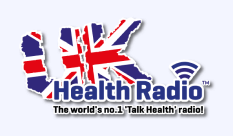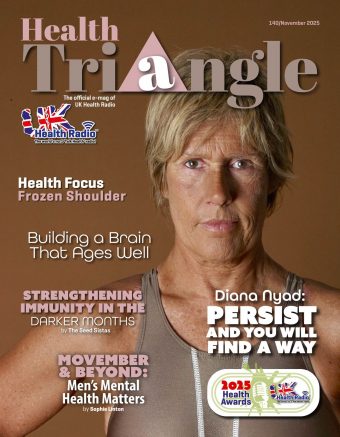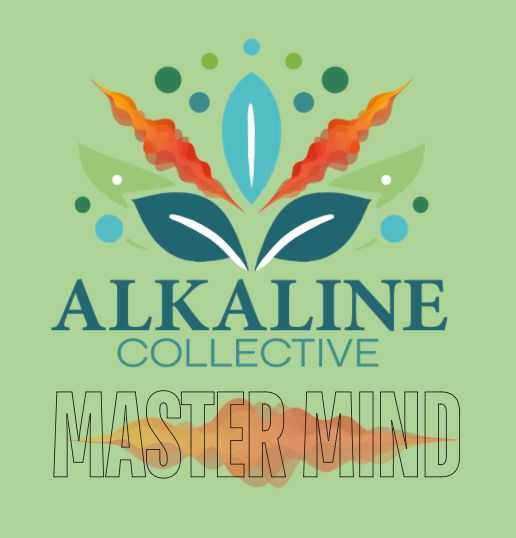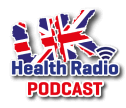Cancer and Antibiotics
UK Health Radio – Medical News Update on the Hour
Out of the mouths of babes…..
The Daily Mail reported an incredible story this week. In most families, dinner table conversation is restricted to what happened at school or whether homework has been completed. But Michael Lisanti asked his eight-year-old daughter how she would cure cancer, and it seems she may have got it right.
Camilla Lisanti suggested using antibiotics, ‘like when I have a sore throat’.
Her parents, a husband-wife cancer research team were sceptical at first but tested out her theory in their Manchester University lab. And to their surprise, several cheap and widely-used antibiotics killed the most dangerous cancer cells.
The antibiotics fought seven of the most common cancers – including breast, prostate, lung and hard-to-treat brain tumours. One antibiotic, doxycycline, is widely used to treat acne and is thought to be particularly promising. It costs as little as 6p a day. In contrast, some of the latest cancer drugs cost several hundred pounds a day.
Cancer charities said the research shows that the answers to some of the biggest questions may be right in front of our eyes.
Rather than completely dismissing his daughter’s suggestion to use antibiotics, the professor did a DIY experiment, rubbing an antibiotic cream on a small growth on his face.
When the growth disappeared, he did some reading that confirmed that Camilla may have been on to something. Unknown to Camilla, a bubbly bilingual child who wants to be a teacher, some antibiotics stop cell from making mitochondria, the tiny engine rooms that supply them with energy.
Camilla’s parents showed that cancer stem cells – the deadly ‘mother cells’ that give birth to tumours, keep them alive and ease their spread around the body – have particularly high numbers of mitochondria.
They also showed that four common antibiotics killed these stem cells in samples taken from breast, prostate, lung, ovarian, pancreatic, skin and brain cancers.
Importantly, healthy cells were not harmed.
The experiments on cells in a dish suggest that antibiotics could be used to stop cancer in its tracks and prevent it from spreading through the body – the main way it kills.
He now needs funding to test his theory on people, including women with breast cancer.
If they are shown to fight the disease, they could potentially also be used to prevent the cancer in those at high risk of developing it. Dr Matthew Lam, the charity’s senior research officer, said: ‘The conclusions the researchers have drawn, while just hypotheses at this stage, are certainly interesting.
‘Antibiotics are cheap and readily available and if in time the link between their use and the eradication of cancer stem cells can be proved, this work may be the first step towards a new avenue for cancer treatment.
‘This is a perfect example of why it is so important to continue to invest in scientific research.
‘Sometimes there are answers to some of the biggest questions right in front of us. But without on-going commitment to the search for these answers, we’d never find them. ‘Camilla’s parents have acknowledged her contribution to their research by naming her as an author of their study, which is published in the journal Oncotarget.
Her father said the story emphasises the importance of listening to what your children say. Professor Lisanti said: ‘I thought it was very naïve to think you could cure cancer with antibiotics but at the end of the day Camilla was right.
Amanda Thomas
UK Health Radio – Medical News Update on the Hour
Kindly sponsored by 1-stop-health-shop.com






















Weronika
2023-01-19 08:59:51